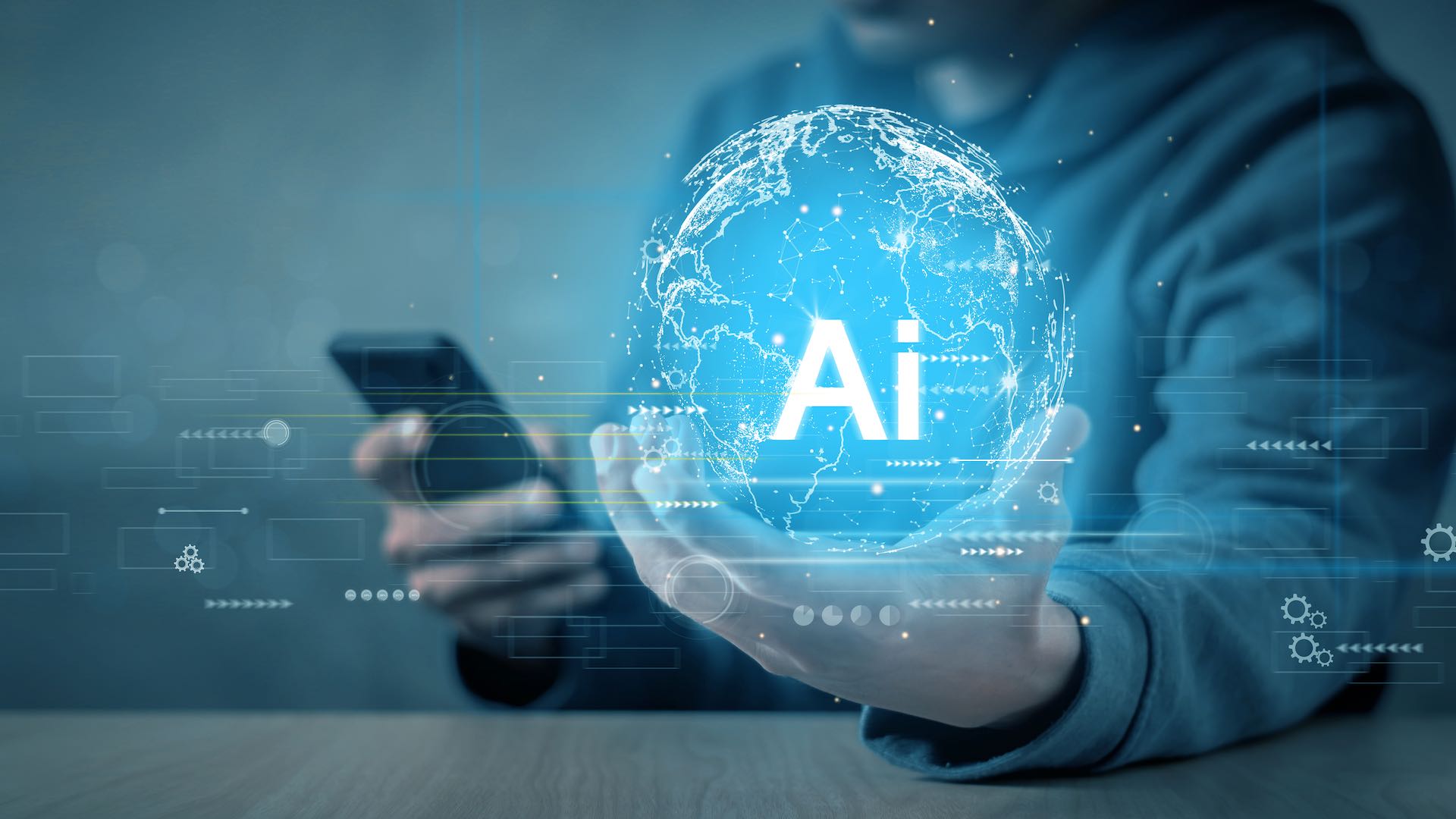As the nexus of artificial intelligence (AI) and the workforce continues to evolve, the landscape of traditional labor and cost structures is undergoing a significant transformation. Companies are increasingly turning to AI for efficiency gains, prompting discussions on the need for a tax on AI companies to mitigate potential labor disruptions. Marietje Schaake, of Stanford University’s Cyber Policy Center and a former European Parliament member, advocates for an AI-targeted tax. In a Financial Times opinion piece, Schaake argued this tax is essential to balance AI’s societal costs and benefits, ensuring an affordable response to the anticipated labor market shifts.

The central question in AI’s corporate integration is its role: a supportive tool for employees or a replacement for human labor. This dilemma hinges on AI’s return on investment (ROI) compared to existing alternatives. For instance, Duolingo, a language learning software developer, recently reduced its contractor workforce by 10% partly due to AI’s ROI advantages. Despite this, no full-time staff were affected, and many Duolingo employees now utilize AI tools in their roles. This scenario exemplifies the ongoing debate between expanding human workforce versus integrating AI solutions.
AI and Workforce Efficiency
The generative AI sector, projected to reach $1.3 trillion by 2032, promises significant productivity enhancements, optimizing traditional processes. However, PYMNTS Intelligence highlights growing consumer concerns over AI’s workplace impact, especially job security. AI’s dichotomy is stark: while it can address labor shortages in sectors like healthcare and manufacturing, it also raises fears about job displacement.
A PYMNTS report found that 70% of consumers believe AI could replace some of their professional skills, particularly among younger, higher-income office workers. Large language models (LLMs) could potentially affect 40% of all working hours, as per a PYMNTS and AI-ID report. This shift isn’t isolated; labor unions like the AFL-CIO and companies like Microsoft are exploring worker input in AI development. Meanwhile, MIT’s policy paper, “Can We Have Pro-Worker AI?”, delves into AI’s labor disruption potential.
Contrary to Elon Musk’s prediction of AI rendering all jobs obsolete, many experts view AI as a complement to human labor, not a replacement. PYMNTS’ discussions with industry leaders emphasize AI’s role in enhancing human work efficiency. Ingo Money CEO Drew Edwards and InvestCloud’s Heather Bellini highlight AI’s cost-saving and productivity-boosting potential, freeing up employees for more impactful tasks. PYMNTS’ Karen Webster suggests AI’s ultimate utility lies in creating knowledge bases that empower workers across industries.
AI’s Varied Impact Across Industries
The travel industry, typically slow in adopting technology, stands to benefit significantly from AI. Companies like Booking.com have already repositioned employees due to AI’s efficiencies. However, the ability to reallocate roles may not be viable in tighter economic conditions, raising concerns about AI-induced job displacement. Industry leaders like Jason Calacanis foresee inevitable job losses due to AI, particularly in business-process outsourcing. Conversely, Amazon Web Services‘ Steven Elinson views AI as an opportunity for skill advancement, citing the example of Trip.com Group’s partnership with AWS for employee training in AI app development.

AI applications in industries like travel are improving operations and productivity, especially in areas like software development, customer services, and marketing content creation. Tools like GitHub Copilot, adopted by companies like Uber, are enhancing software development efficiency. Moreover, large tech companies and startups are aiding the hospitality industry in leveraging AI for various functions, from customer service chatbots to personalized messaging and booking processing.
The Potential Upside of AI on Salaries and Employment
Despite fears of AI replacing jobs or impacting pay, Randstad CEO Sander van’t Noordende suggests that AI integration could lead to salary increases. AI’s productivity enhancements allow employees to focus on higher-value tasks, potentially boosting their earnings. Goldman Sachs and Pew Research Center reports indicate a broad impact of AI on jobs, yet many experts believe AI could create new roles rather than merely erase existing ones.
The overall effect of AI on employment might be more gradual and less drastic than anticipated. As industries and companies around the world progressively integrate artificial intelligence (AI), its profound impact on workforce dynamics and economic structures is becoming increasingly evident and complex. This shift is more than just automation of tasks or enhancement of efficiencies; it signifies a fundamental transformation in the way work is conducted and economic activities are structured.
The potential of AI to augment human capabilities and automate routine tasks promises remarkable productivity and innovation gains. However, this also brings forth critical considerations about the future of employment, the evolving nature of work, and the requisite skills in a rapidly changing digital economy. A significant challenge in this AI-driven era is to harness AI’s potential responsibly, striking a balance between leveraging it for efficiency gains while addressing its broader societal implications.
As AI systems grow more capable and pervasive, their ethical, economic, and social impacts come into sharper focus, raising issues such as job displacement, equitable access to AI benefits, and managing ethical dilemmas advanced AI systems pose. Furthermore, the evolving role of AI necessitates rethinking educational and training programs to ready the workforce for an AI-dominated future, emphasizing skills that AI struggles to replicate, like creative problem-solving, critical thinking, and emotional intelligence. This shift underscores the need for continuous learning and adaptation to keep pace with AI’s expanding capabilities.

